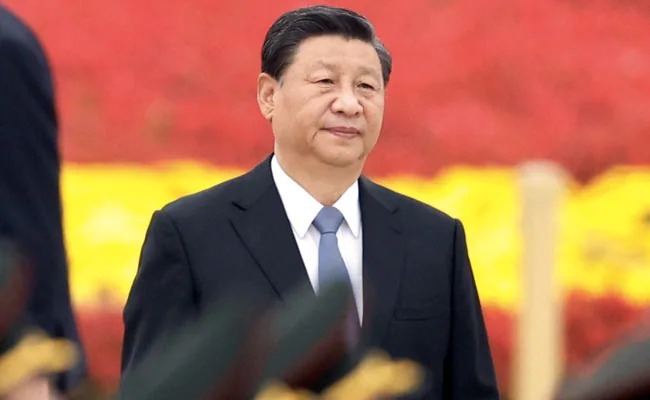| Translate This News In |
|---|
China has denied UN Special Rapporteurs’ assert that it has separated one million Tibetan children from their families and has forcibly placed them in boarding schools as part of its the attempt to assimilate them religiously, culturally, and linguistically into the prevailing Han Chinese culture, Voices Against Autocracy (VAA) reported.
A collection of East Asians with Chinese ancestry is known as the Han Chinese or Han people.
During a routine press briefing last week, China’s Foreign Ministry spokesperson Mao Ning stated: “This is definitely not accurate and appears to be just another allegation intended to mislead the public about China and smear China’s image. Chinese provinces and regions have boarding schools to accommodate the requirements of the local students, as is customary throughout the world.
These institutions offer boarding services like lodging, dining, and cooking. They are not abandoned facilities, and even less so are they managed in a military fashion, he added.
UN experts have heavily criticized China for what they claim is an attempt to forcefully assimilate Tibetan culture into Han culture. This has occurred despite China having a difficult time downplaying the reality regarding abuses of Uyghurs, a Muslim ethnic group residing in Xinjiang’s northwest.
A press report of the Human Rights Council of the United Nations (UN) published on February 6 in Geneva came out with a revelation that the Chinese government is running a link of residential schools where about a million Tibetan children are forcibly lodged in order to wipe out their the Tibetan cultural identity and to brainwash them into Chinese Han culture.
The three professionals Fernand de Varennes, Farida Shaheed and Alexandra Xanthaki, said in their joint declaration, “We are very agitated that in recent years the residential school system for Tibetan children appears to act as a mandatory large-scale programs intended to assimilate Tibetans into majority Han culture, contrary to global human rights standards.”
The spokesperson for the Chinese Foreign Ministry responded, saying: “In the instance of China’s Tibet, this is a region of high altitude and highly dispersed population in many areas. Particularly those from herding families, have a lengthy commute to school. It would be very challenging to guarantee that each school had enough teachers and provided high-quality instruction if schools were constructed in every neighborhood where students resided.
But the UN professionals, according to VAA, said there is more to something than meets the eye: the study material for Tibetan children and the surroundings are built around Han culture; lessons are conducted solely in Mandarin Chinese (Putonghua) with scant reference to Tibetan history, religion, and “certainly not exiled spiritual leader the Dalai Lama.”


















